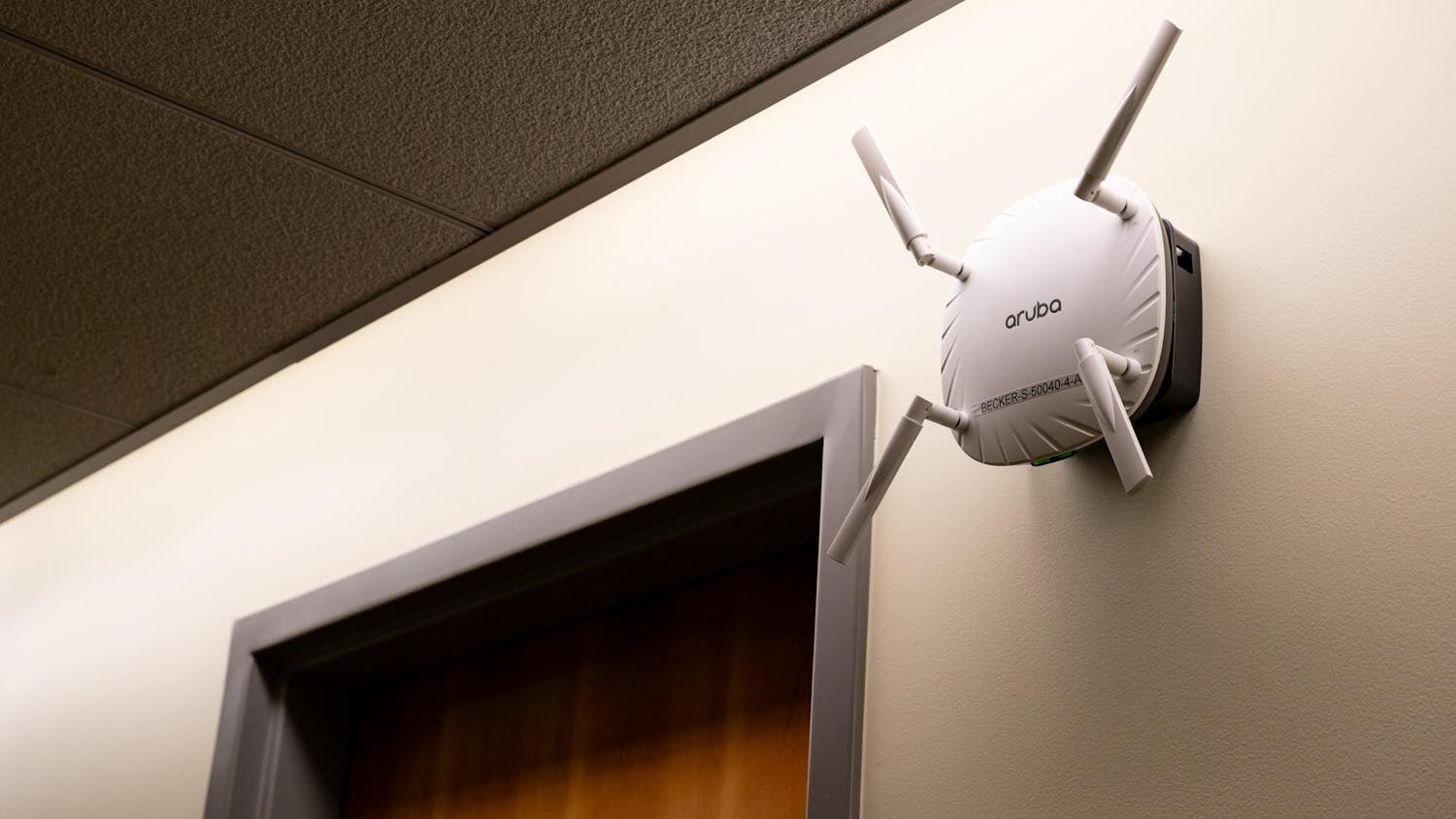NEW YORK — All the right elements for a successful ceremony were gathered at the official opening of Cornell’s new Tech Campus on Roosevelt Island in New York City on Wednesday: a brand new campus on a sunny day, enthusiastic new students, and optimistic academics, former mayors and governor. “Cornell Tech, welcome to New York,” said New York State Governor Andrew Cuomo, while New York City Mayor Bill de Blasio praised “the bigger and bigger role that Cornell is playing in New York City.” “This is the single biggest event at Cornell that I’ve witnessed in 40 years,” said Chair of the Board of Trustees Robert Harrison ’76. Facing an audience of several hundred members, all key actors of the new campus came together to celebrate and praise the completion of the first phase of a project intended to “bring together academia and industry to create pioneering leaders and transformational new research.” “Starting a campus from scratch is like surfing a big wave,” Cornell Tech Dean and ceremony moderator Daniel Huttenlocher said, summarizing the work accomplished since the University won former Mayor Michael Bloomberg’s administration’s applied sciences competition for a new campus in 2011. “It’s exhilarating, but can be hard to keep up with.” Indeed, since Cornell Tech’s first days within the Google offices in Chelsea, hundreds of millions of dollars were spent to create a sustainable and modern campus on the 12 acres of public land leased by the city on Roosevelt Island, a tiny sliver of land in the middle of the East River.
Collaboration as a driving force
“Cornell Tech is the result of collaboration,” former Mayor Mike Bloomberg stressed. The campus is the fruit of a public-private partnership, as well as one between Cornell and the Technion Israel Institute of Technology, embodied by the Jacobs Technion-Cornell Institute on the campus. More importantly for the future of Cornell Tech, the campus is meant to foster collaboration between academics and businesses. The aptly named Bridge building will act partially as an incubator and collaborative space where students will be able to develop their own startups. Since 2014, Cornell Tech has given birth to 38 startups, 98 percent of which are now based in New York City, and the City estimates that hundreds more could come into existence, generating $23 billion in economic activity over 35 years. For David Cheng MBA ’17, co-founder of Speech Up, a Cornell created mobile app that gamifies speech therapy for children, Roosevelt Island means great opportunities to perfect his product. “There’s nothing better than being in a place where there are children, we’ve already partnered with local families here.” Beyond the important role of entrepreneurship in academia, Cornell Tech also seeks to foster a fusion of disciplines within academia. Ari Yannakogeorgos, a law student from Boston, used to work in law in a venture company, then applied for the new law school on Roosevelt Island. “I wanted to do something where I could move from traditional law and do something more technologically focused because I wanted to work with cutting edge companies,” he said.Controversy Over Technion
But despite the beautiful buildings and ceremony, not all Cornell students approve of Cornell Tech. Student groups such as Students for Justice in Palestine have decried the new campus’ main partner Technion, whose president Peretz Lavie was present at the ceremony Wednesday, due to its partnerships with military companies and collaboration with the Israeli Defense Forces in Israel. “SJP will continue to oppose the partnership in all its forms,” said SJP member Piragash Swargalonathan ’19. “I don’t think there is a way to justify it, unless you can justify what’s happening in Palestine.” While opposition to Cornell Tech’s partnership was more widespread at the beginning stages of the campus, fewer students are engaged in the matter at the time of the campus’ opening. “I’m not really sure how Technion fits into the campus here,” said Ari Yannakogeorgos. In fact, no military research on Roosevelt Island has been announced at the moment. For now, Cornell Tech focuses on the future, with a campus built seven feet above the 100 years flood plain, looking at the United Nations from across the river.










